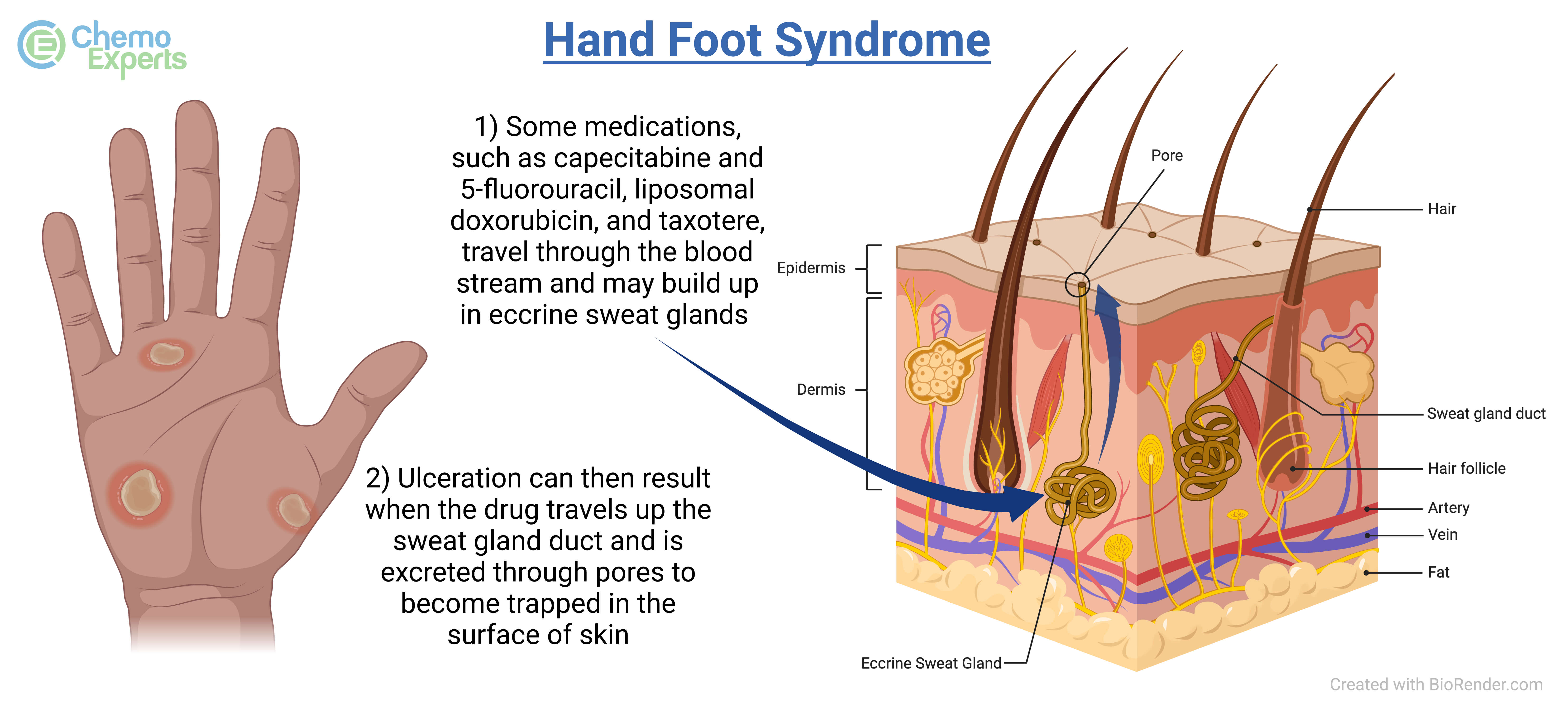How to Stop Sweaty Hands: Expert Dermatology Advice for Handling Excessive Sweating
How to Stop Sweaty Hands: Expert Dermatology Advice for Handling Excessive Sweating
Blog Article
Understanding the Origin of Excessive Sweating and Its Effect On Life
Extreme sweating, also understood as hyperhidrosis, is a problem that influences a substantial section of the population, yet its hidden causes and implications on everyday working continue to be rather enigmatic. While it is frequently understood as a physical reaction to regulate body temperature, the triggers for too much sweating can differ commonly amongst people, encompassing not just physical aspects however emotional and likewise emotional aspects. In addition, the impact of this condition extends past simple pain, often influencing social interactions and general lifestyle. By delving into the origin causes of hyperhidrosis and exploring its diverse results, a deeper understanding of this pervasive issue can be gotten, losing light on the intricacies that individuals grappling with excessive sweating navigate daily.
Physiology of Sweat Glands
The law of sweat production, a critical physiological procedure, is largely managed by the task of sweat glands dispersed throughout the human body. Sweat glands are classified right into 2 main kinds: eccrine and apocrine glands.
When the body temperature increases, either due to physical activity, high temperature levels, or emotional tension, the nerves causes the sweat glands to create sweat. This sweat is made up mainly of water and electrolytes like salt and chloride. The process of sweat production is important for preserving the body's interior temperature within a slim, ideal range, highlighting the essential role gland play in human physiology.
Triggers for Excessive Sweating
In understanding the origin triggers of excessive sweating, it is critical to recognize the triggers that can bring about this physical reaction. Excessive sweating, also known as hyperhidrosis, can be motivated by numerous variables, both ecological and physical. One typical trigger is psychological stress or anxiousness, which can stimulate the body's gland to generate even more sweat than is required for cooling. Physical exertion, high temperature levels, and spicy foods are likewise known to cause too much sweating in individuals susceptible to this condition. Additionally, certain medical conditions like hyperthyroidism, menopause, or diabetic issues can add to excessive sweating as well.
Additionally, medicines such as some antidepressants, opioids, and certain supplements can likewise act as triggers for hyperhidrosis. Understanding these triggers is vital in handling excessive sweating effectively - Treatment for hyperhydrosis of hands and feet. By determining and attending to the particular triggers that motivate excessive sweating in a private, doctor can develop personalized treatment strategies to alleviate this condition and improve the individual's lifestyle
Medical Issue Associated
Associated with excessive sweating are numerous medical conditions that can worsen this physiological reaction. One typical problem is hyperhidrosis, a disorder defined by extraordinarily enhanced sweating that goes beyond the body's thermoregulatory requirements. This can materialize in focal areas like the hands, soles, underarms, or face, impacting an individual's lifestyle because of social humiliation and pain.
Additionally, endocrine problems such as hyperthyroidism, diabetes mellitus, and menopausal warm flashes can also result in extreme sweating. Hyperthyroidism creates an overflow of thyroid hormonal agents, accelerating metabolism and causing sweating. Diabetes mellitus can cause sweating episodes, particularly throughout hypoglycemic episodes when blood sugar degrees go down also low. Menopausal hot flashes, connected to hormone variations throughout menopause, can cause abrupt and extreme sweating, typically accompanied by flushing and heart palpitations.
Furthermore, infections like hiv, consumption, and endocarditis have been associated click here to read with evening sweats, an usual sign understood to interrupt rest and impact general health. These medical conditions highlight the varied variety of underlying elements that can add to excessive sweating, necessitating thorough assessment and management by health care professionals.
Emotional and Mental Elements

Influence On Social Interactions
Too much sweating can have profound effects on a person's ability to engage comfortably in social communications. The noticeable signs of sweat spots or wet spots on apparel can lead to humiliation and self-consciousness, causing individuals to take out from social situations. This withdrawal can influence connections, restriction social activities, and prevent personal and specialist growth.

Furthermore, the anxiety and self-confidence concerns stemming from extreme sweating can affect communication and interpersonal abilities. Individuals might battle to concentrate on conversations, get involved in group activities, or reveal themselves with confidence. This can Visit This Link lead to feelings of isolation and loneliness, as social links become testing to keep.
Verdict

While it is frequently comprehended as a physical feedback to manage body temperature, the triggers for excessive sweating can vary widely amongst people, encompassing not just that site physical variables yet also psychological and mental elements. By diving into the origin causes of hyperhidrosis and discovering its complex results, a much deeper understanding of this prevalent problem can be gotten, dropping light on the intricacies that people grappling with too much sweating navigate on a daily basis.
Physical physical effort, high temperature levels, and spicy foods are likewise known to activate excessive sweating in individuals susceptible to this problem. By recognizing and attending to the particular triggers that motivate excessive sweating in a private, medical care service providers can create personalized treatment plans to ease this problem and improve the person's high quality of life.
Extreme sweating can have profound results on a person's capacity to engage comfortably in social communications.
Report this page